China trade: Deal or no deal?
Is the relationship between the world's two biggest economies finally showing signs of improvement?
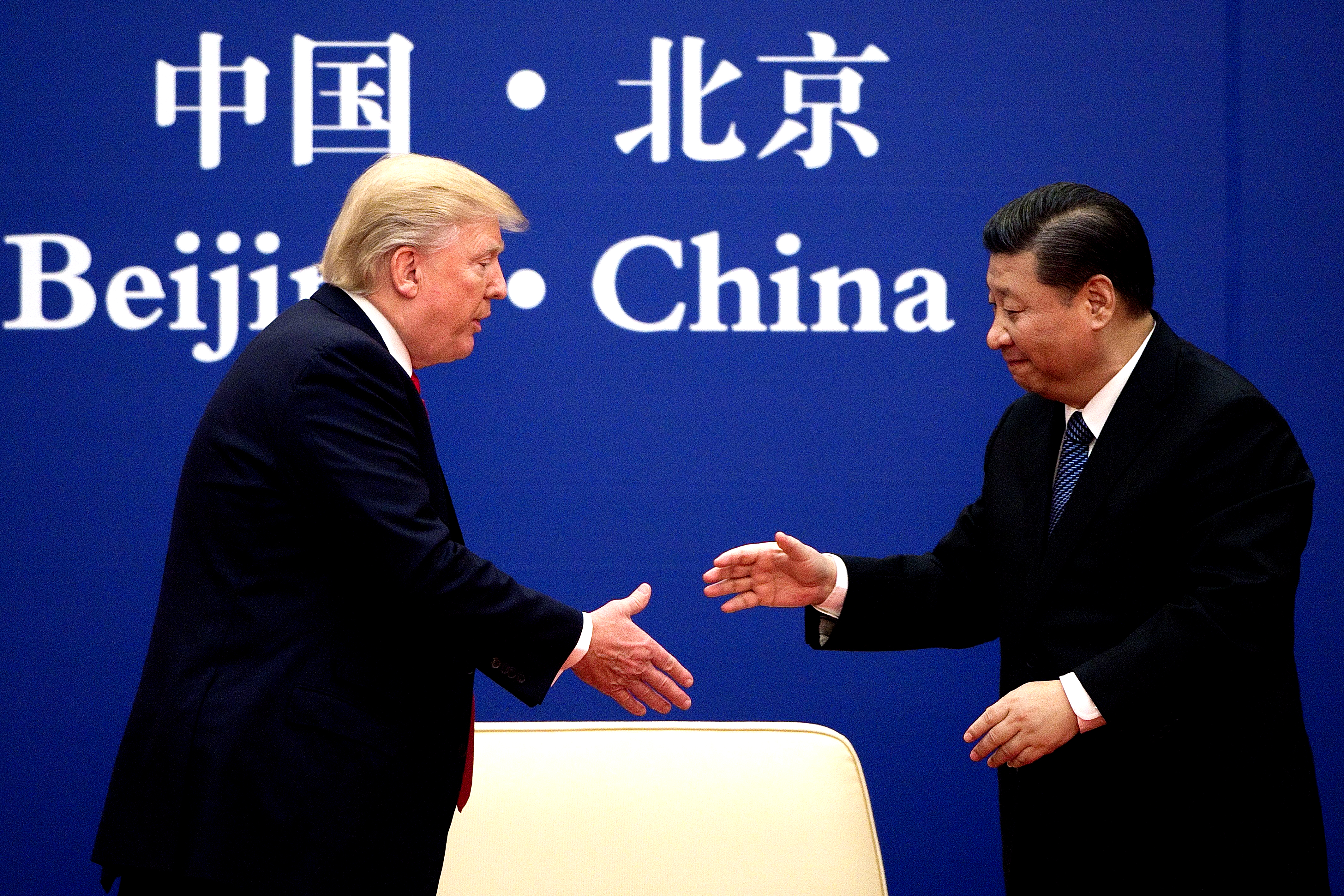
A free daily email with the biggest news stories of the day – and the best features from TheWeek.com
You are now subscribed
Your newsletter sign-up was successful
The smartest insight and analysis, from all perspectives, rounded up from around the web:
As the Trump administration and Beijing appear to edge closer to a trade agreement, "China is emerging with wins," said Chao Deng and Lingling Wei at The Wall Street Journal. The U.S. agreed last week to suspend an imminent tariff hike on $250 billion worth of Chinese imports; in return, President Trump said, China will buy up to $50 billion in U.S. agricultural products. Beijing has pursued a "tit-for-tat strategy" on tariffs in the year-old trade war but has grown more open to a deal as it "runs out of ammunition on more U.S. imports to hit." Yet it's not clear what China is really willing to concede to secure a trade pact; even the billions supposed to go to U.S. agriculture may be more of an "aspiration" than a firm target. Despite that lack of firm commitments, Trump has played down the protests in Hong Kong to keep the trade talks on track — a success for Beijing. The two sides emerged from talks last week with different takes on what will be included in any eventual accord "and how close they are to signing a document," said Bloomberg. President Trump claimed to be very close to a "phase one" agreement, calling the latest talks a "lovefest" and saying that "we've come to a deal, pretty much, subject to getting it written." But China has been much more measured, saying only that progress has been made.
For the U.S. and China, this is already the 13th round of trade talks, said Weizhen Tan at CNBC. Trump's phase-one deal is really more of a truce, with China still "hunkering down." The very limited agreement leaves the hard issues such as cybersecurity and the fate of blacklisted Chinese tech companies, including the giant Huawei, still on the table. "The agreement, such as it is, seems more like a demonstration of goodwill than a resolution of the trade dispute," said The Economist. We've been here before, and prior cease-fires have collapsed "under a barrage of tweets." And what advances have been made aren't all in the right direction. Yes, having China buy some $50 billion worth of agricultural produce would help American farmers. "But trade is supposed to be about markets, not state intervention," and in the long run this movement toward managed trade could "further undermine the global trading system."
The Week
Escape your echo chamber. Get the facts behind the news, plus analysis from multiple perspectives.

Sign up for The Week's Free Newsletters
From our morning news briefing to a weekly Good News Newsletter, get the best of The Week delivered directly to your inbox.
From our morning news briefing to a weekly Good News Newsletter, get the best of The Week delivered directly to your inbox.
"Don't get too excited" about hopes of relief from the trade war, said David Fickling at Bloomberg. More than $460 billion worth of tariffs remain in place between the world's two biggest economies, and there are few reasons to think the bilateral relationship will improve anytime soon. Trump's impulsive, unpredictable behavior discourages China from striking a more comprehensive deal. "There's little point in offering concessions on intellectual property protection or opening more sectors of the economy to foreign investment if the other side is prepared to throw over the chessboard because of a separate issue." Meanwhile, an increasingly authoritarian China is "busy making itself a markedly less attractive place for U.S. businesses to invest." There could well be no resolution at all to the trade battle, and the current "grim equilibrium" may be all we can get.
A free daily email with the biggest news stories of the day – and the best features from TheWeek.com
-
 The Week Unwrapped: Have televised confessions quelled protests in Iran?
The Week Unwrapped: Have televised confessions quelled protests in Iran?Podcast Plus, why has Elon Musk turned from Mars to the Moon? And will the BBC prove to be a puzzles champ?
-
 The week’s best photos
The week’s best photosIn Pictures An Andean god, a rogue squirrel, and more
-
 ‘Zero trimester’ influencers believe a healthy pregnancy is a choice
‘Zero trimester’ influencers believe a healthy pregnancy is a choiceThe Explainer Is prepping during the preconception period the answer for hopeful couples?
-
 TikTok secures deal to remain in US
TikTok secures deal to remain in USSpeed Read ByteDance will form a US version of the popular video-sharing platform
-
 How will China’s $1 trillion trade surplus change the world economy?
How will China’s $1 trillion trade surplus change the world economy?Today’s Big Question Europe may impose its own tariffs
-
 Shein in Paris: has the fashion capital surrendered its soul?
Shein in Paris: has the fashion capital surrendered its soul?Talking Point Despite France’s ‘virtuous rhetoric’, the nation is ‘renting out its soul to Chinese algorithms’
-
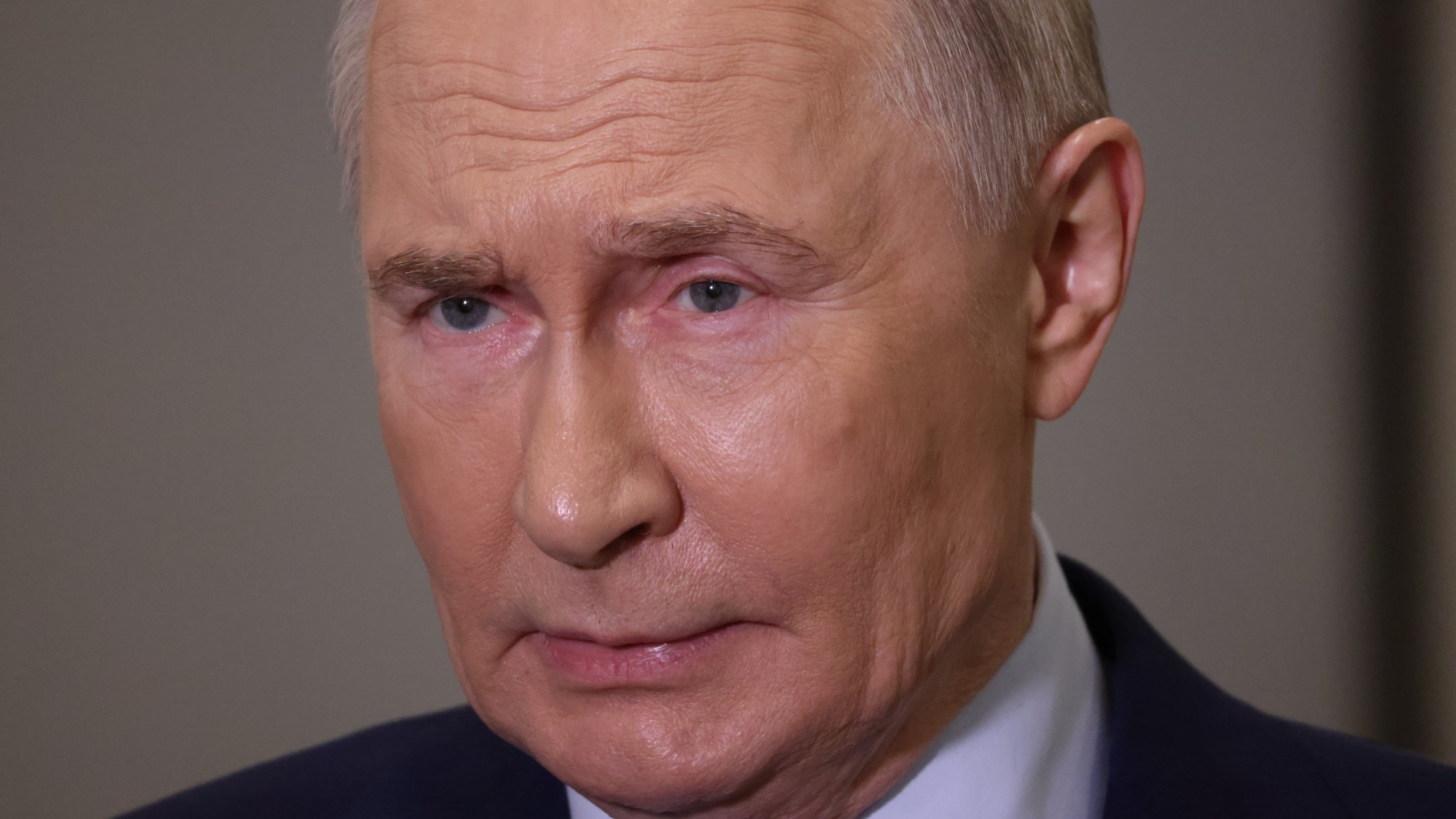 Will latest Russian sanctions finally break Putin’s resolve?
Will latest Russian sanctions finally break Putin’s resolve?Today's Big Question New restrictions have been described as a ‘punch to the gut of Moscow’s war economy’
-
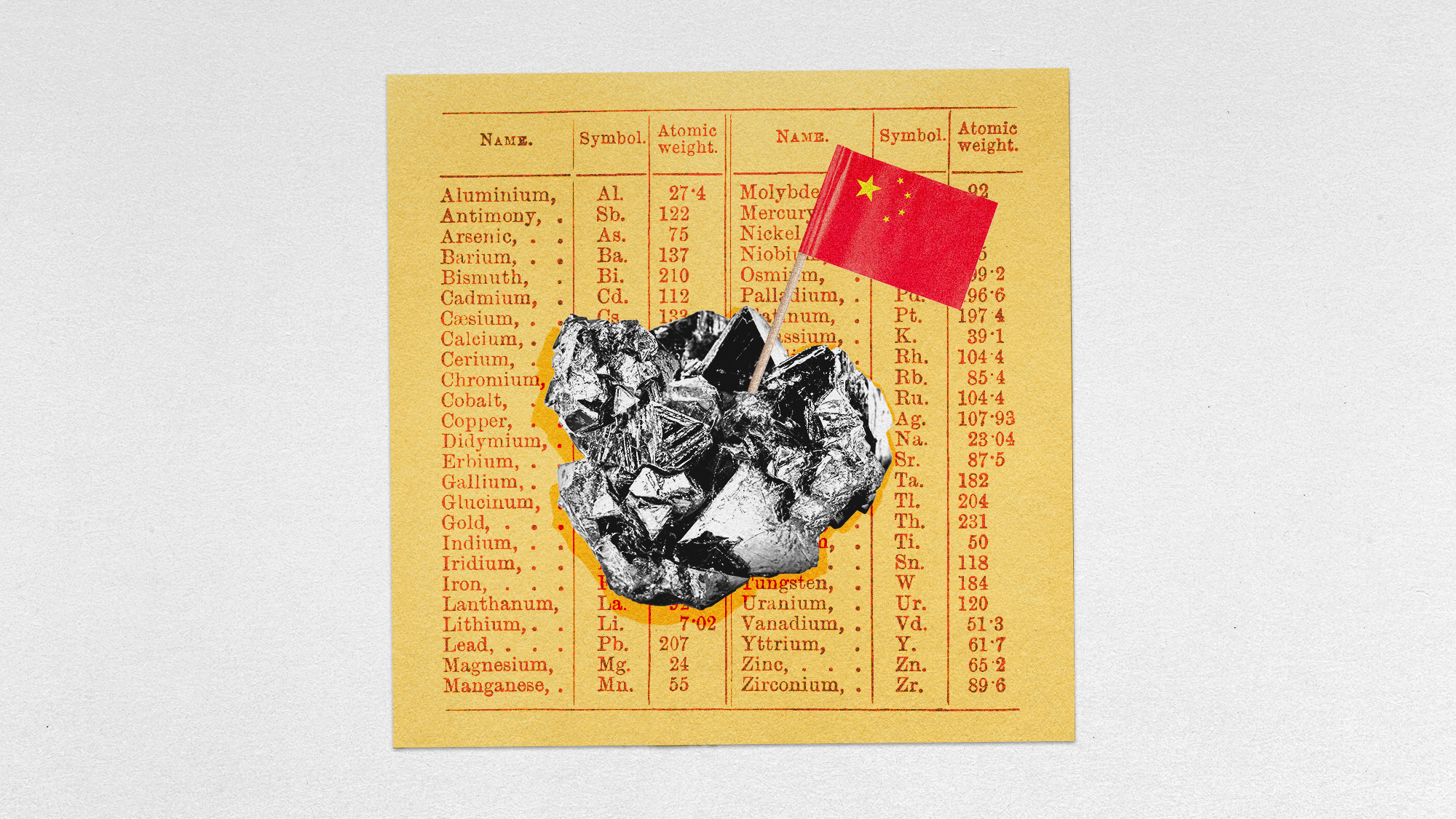 China’s rare earth controls
China’s rare earth controlsThe Explainer Beijing has shocked Washington with export restrictions on minerals used in most electronics
-
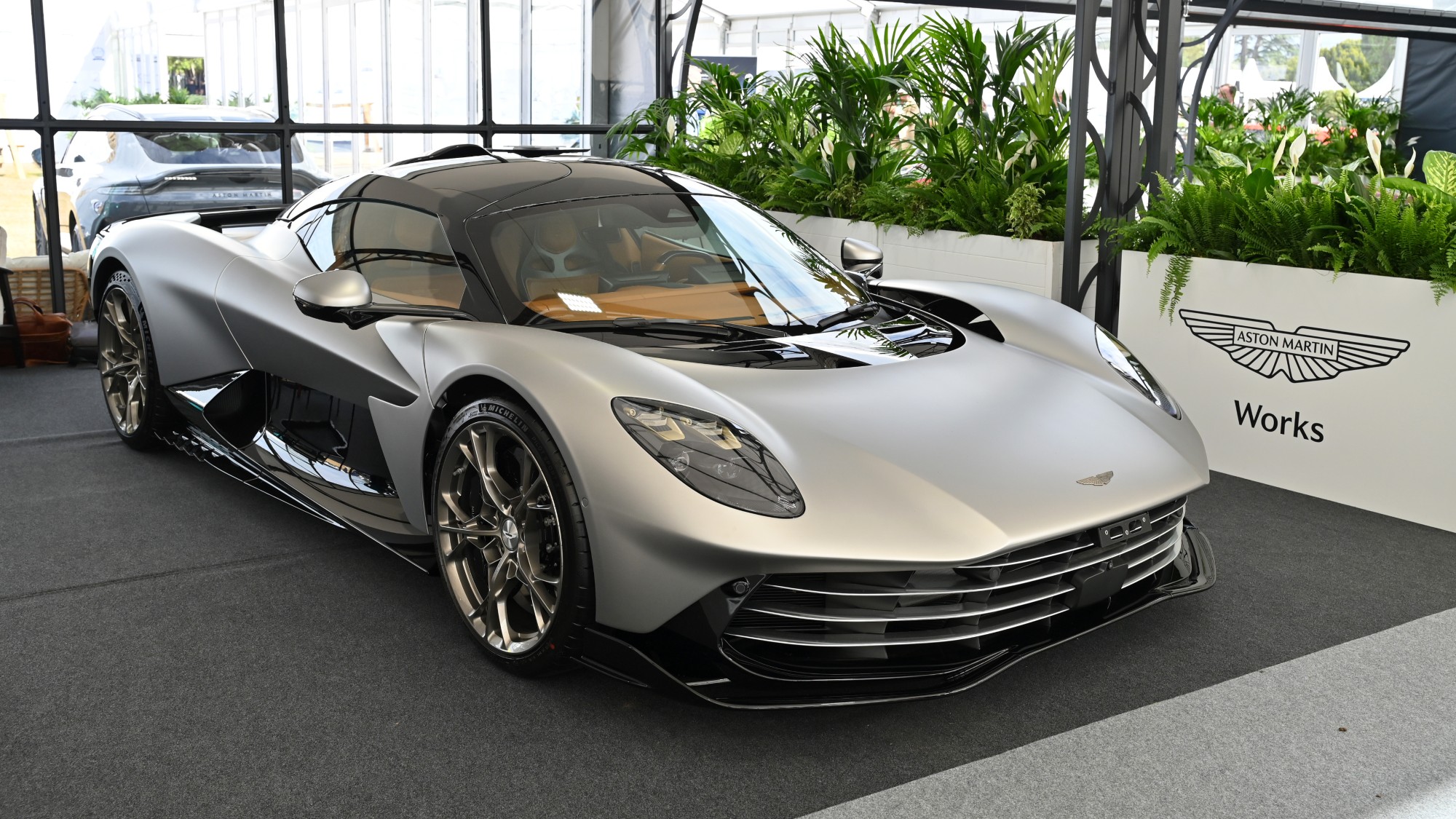 The struggles of Aston Martin: burning cash not rubber
The struggles of Aston Martin: burning cash not rubberIn the Spotlight The car manufacturer, famous for its association with the James Bond franchise, is ‘running out of road’
-
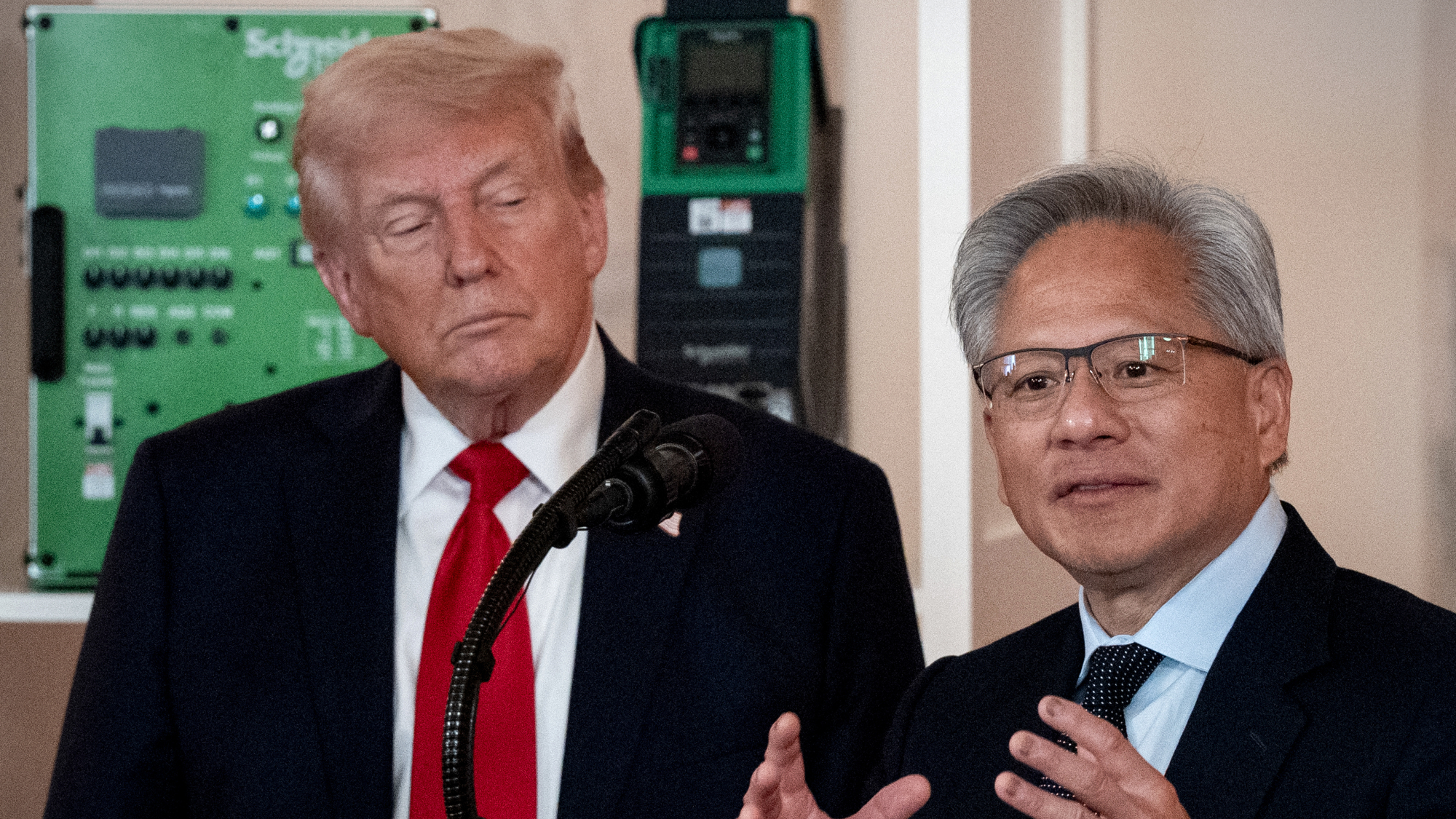 US to take 15% cut of AI chip sales to China
US to take 15% cut of AI chip sales to ChinaSpeed Read Nvidia and AMD will pay the Trump administration 15% of their revenue from selling artificial intelligence chips to China
-
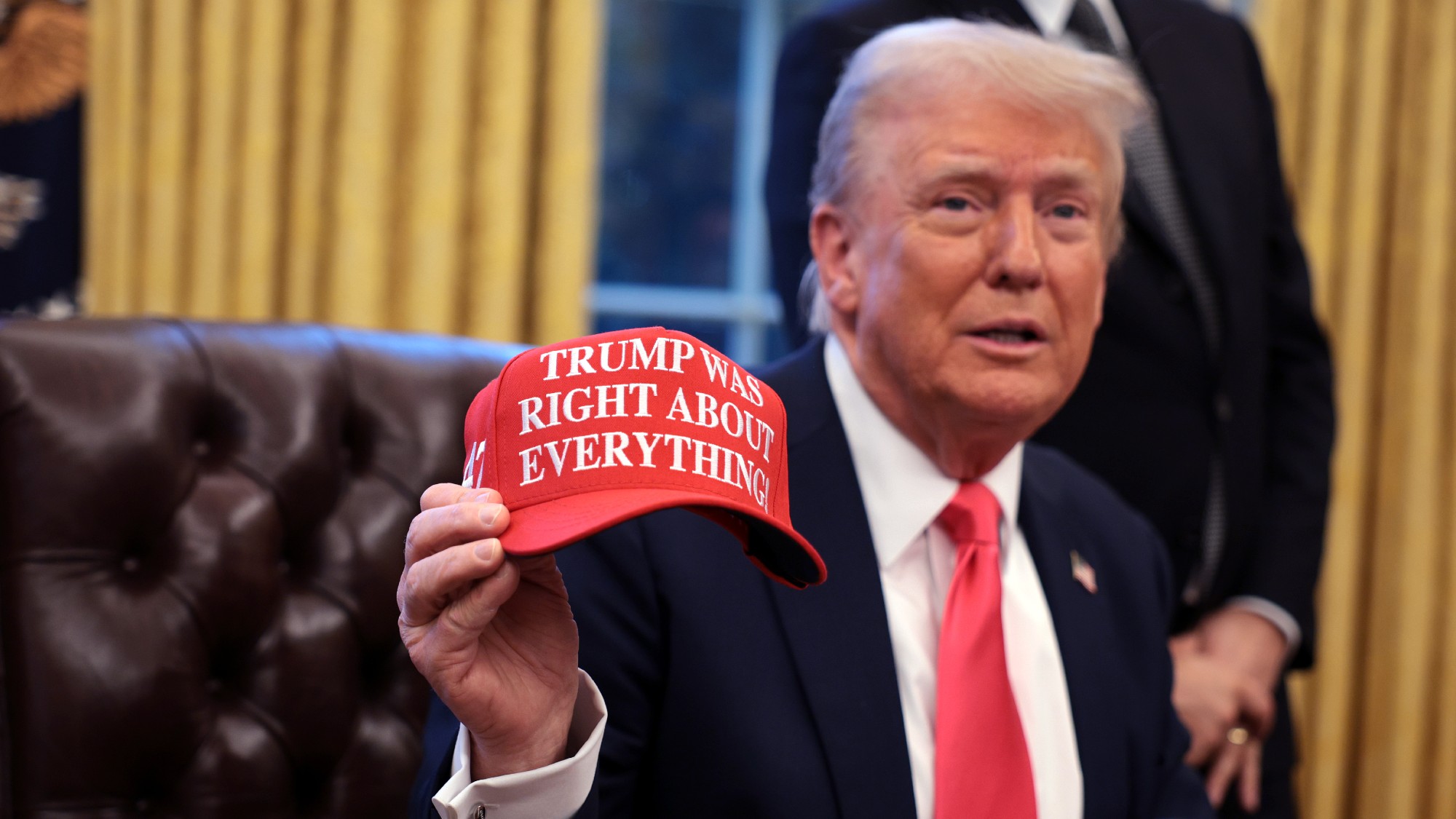 Is Trump's tariffs plan working?
Is Trump's tariffs plan working?Today's Big Question Trump has touted 'victories', but inflation is the 'elephant in the room'